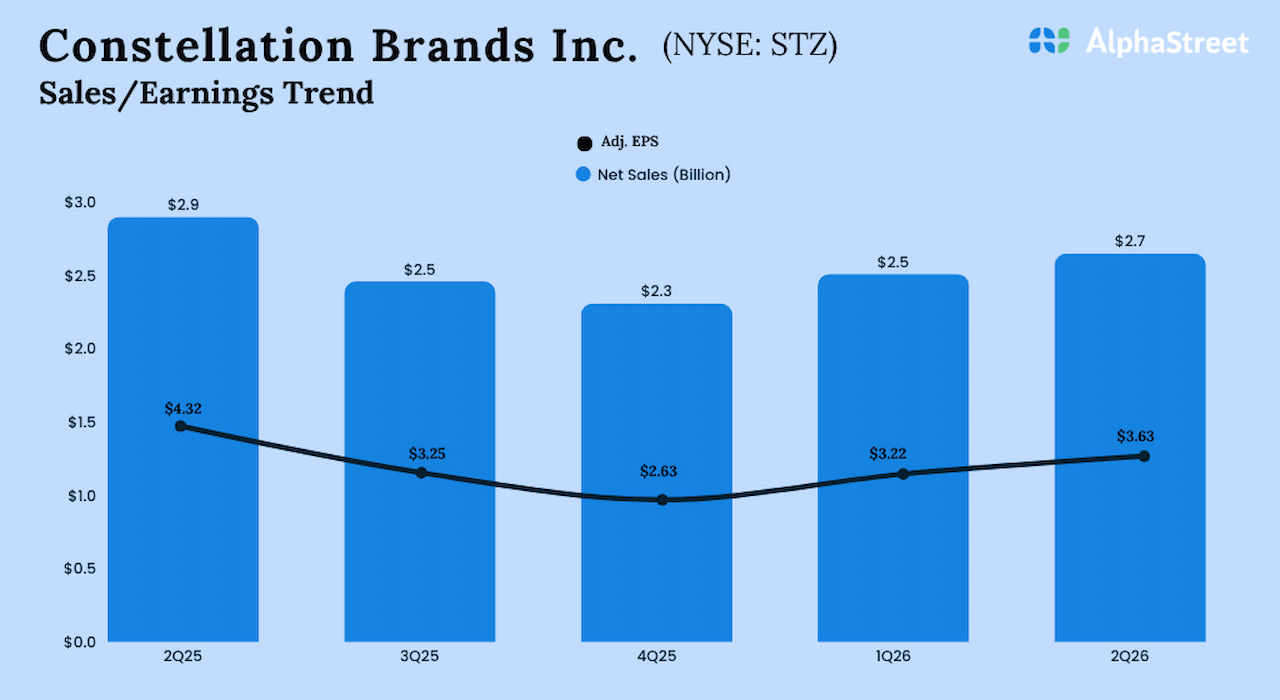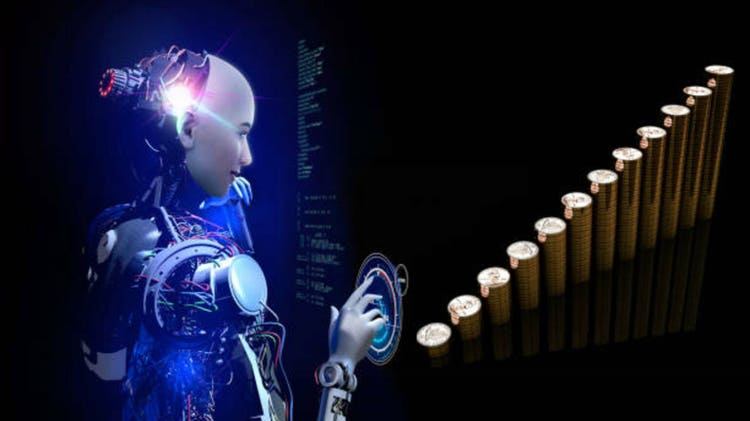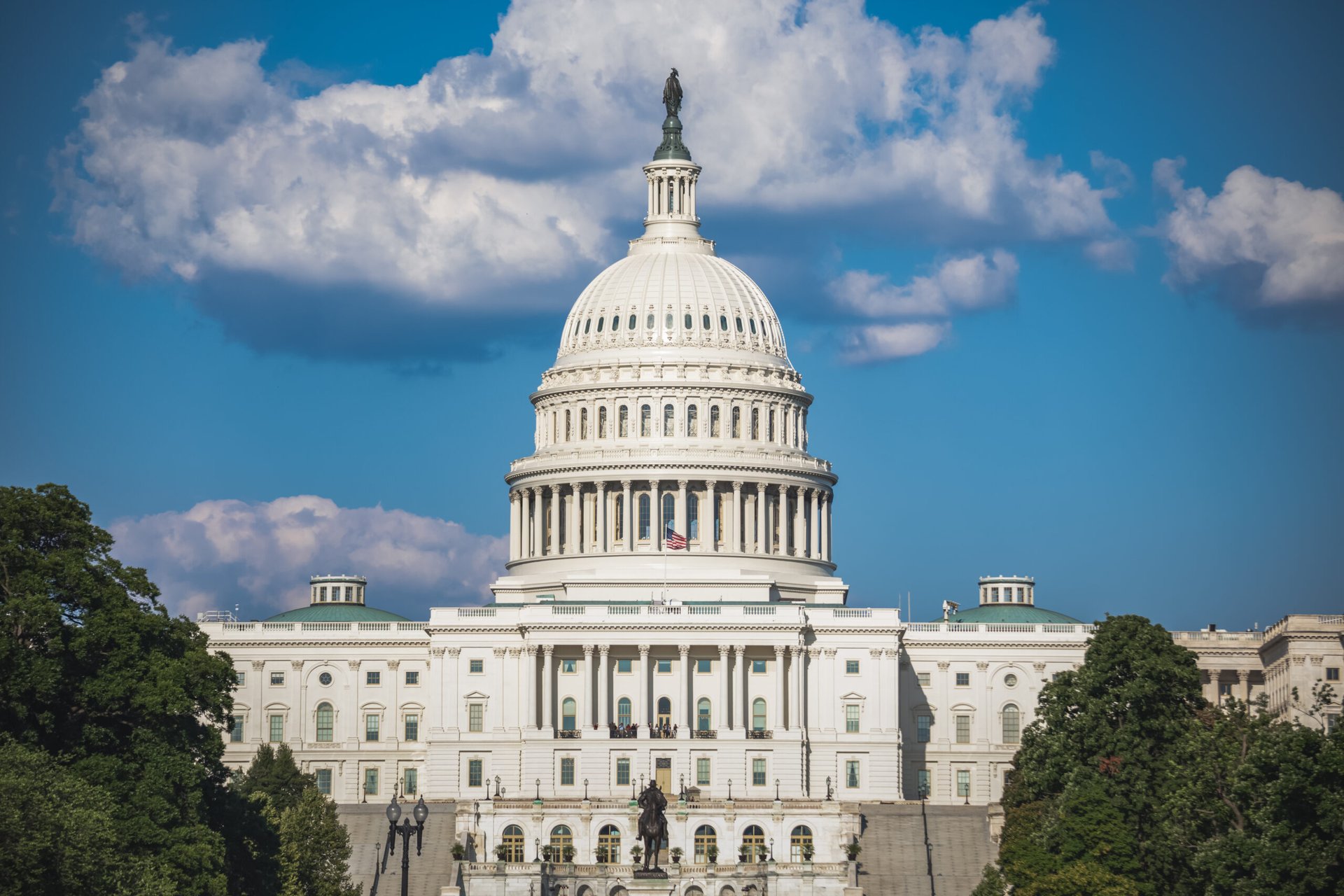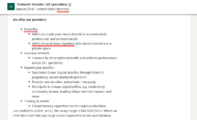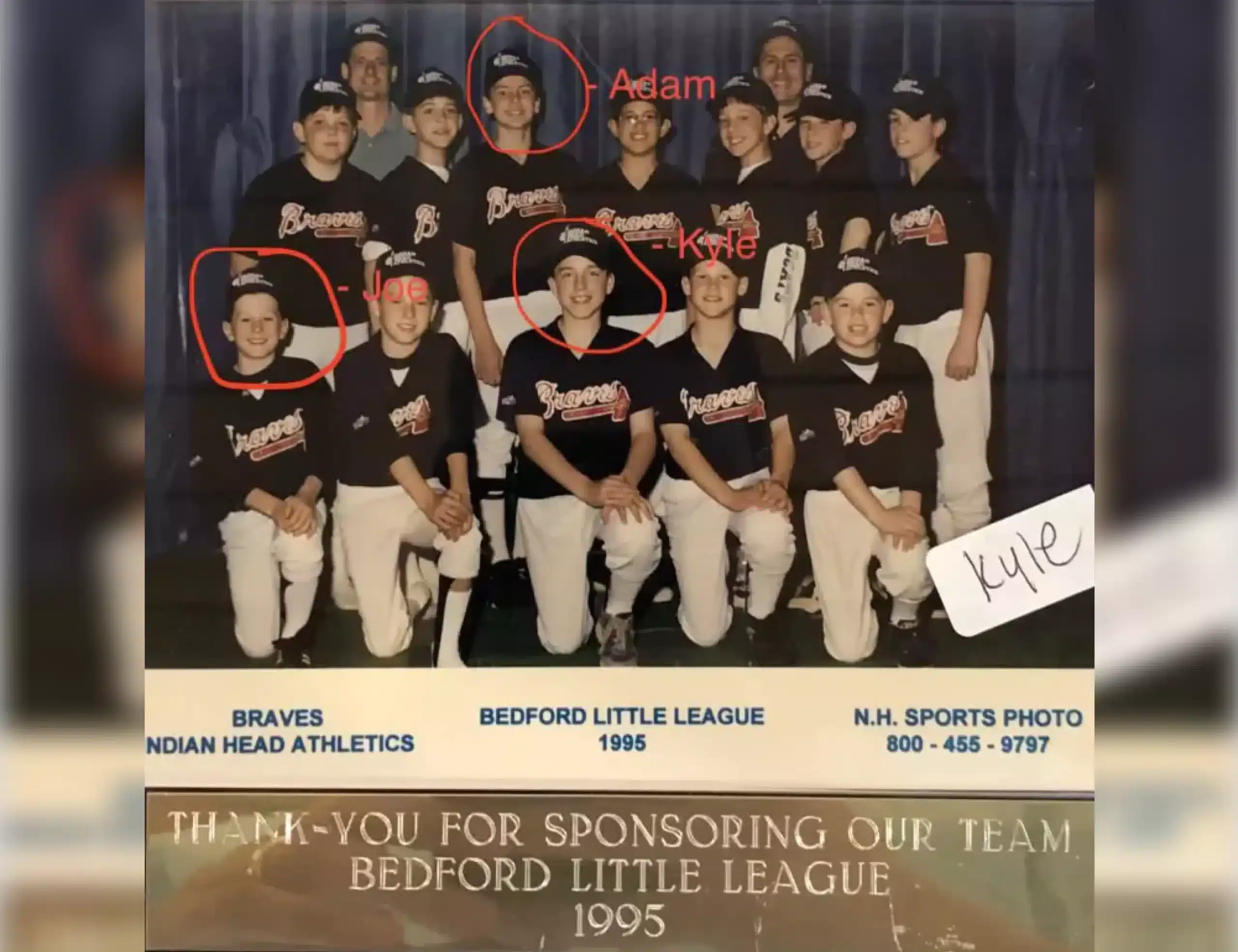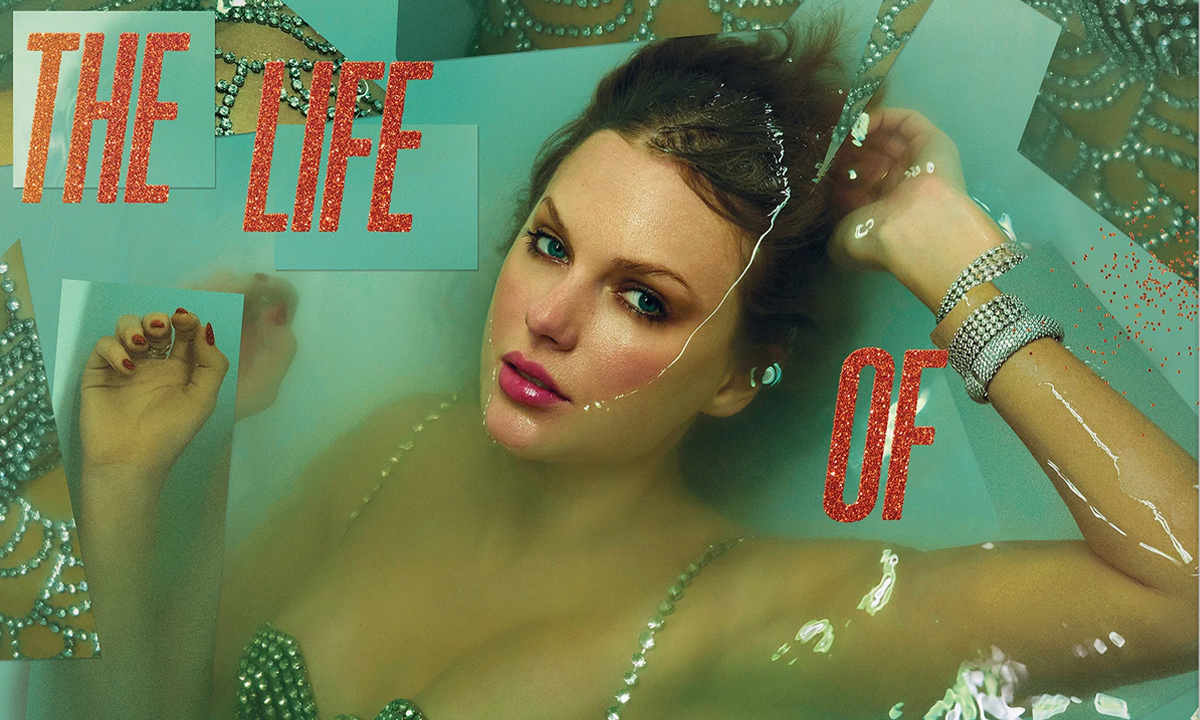Release of the critically acclaimed film Wonka, an origin story based on Roald Dahl’s signature 1961 novel Charlie and the Chocolate Factory, shows that the author (and Roald Dahl movies) still has a grip on the public imagination over 30 years after his death.
Dahl’s many children’s books – among them, James and the Giant Peach, The Witches, Matilda, The BFG, and Fantastic Mr. Fox – championed kindness and decency but were, like the Mary Poppins novels of P.L. Travers, rigorously unsentimental, hewing closely to author G.K. Chesterton’s adage that “Fairy tales do not tell children the dragons exist. Children already know that dragons exist. Fairy tales tell children the dragons can be killed.” In Dahl’s case, those dragons were almost always villainous, brutish adults brought down by the children they despised and abused.
As one of the world’s best-selling authors, Dahl’s books and stories have had an irresistible allure for filmmakers. But as this list shows, Roald Dahl movies have had varying results.
(NB. Dahl also wrote several original screenplays, two of which were based on novels by his friend and fellow intelligence officer Ian Fleming).
Matilda (1996)
Derived from one of Dahl’s best-loved books, about a precocious young girl who uses her telekinetic powers to thwart the villainous adults in her life, Matilda drew criticism from some who felt director Danny DeVito and writers Nicholas Kazan and Robin Swicord had over-Americanized the material. And true enough, all the characters (with the exception of Miss Trunchbull, played by Welsh actress Pam Ferris) are American, and the action shifts to an unspecified stateside location.
But with a spirited performance from the nine-year-old Mara Wilson at its heart, the film fully captures the novel’s rebellious exuberance even if it loses some of its quintessential Englishness.
James and the Giant Peach (1996)

So deliriously strange is James and the Giant Peach – a young boy, terrorized by two frightful aunts, escapes in a piece of gigantic airborne fruit, and flies it from England to New York, accompanied by a crew of man-sized talking insects – only director Henry Selick (The Nightmare Before Christmas, Coraline) and his sorcerer’s touch with stop-motion animation could’ve brought it to the screen with sufficiently bizarre panache.
Dahl refused to countenance a film version of James during his lifetime, but following his death in 1990, his wife Lucy gave the project her blessing. She later proclaimed it “A wonderful film,” adding that Roald “would have been delighted.” Which gratifies in one sense but disappoints in another. One can only wonder what Dahl and Selick might’ve cooked up if given the chance to work together.
The Witches (1990)

Fabulous prosthetics and puppetry from Jim Henson’s Creature Shop (The Witches was Henson’s last feature) combine with Angelica Huston’s gloriously villainous performance, sympathetic direction from veteran Brit auteur Nicolas Roeg, and stunning art direction from John King and Norman Dorme for a comedy-fantasy-horror masterpiece.
Fantastic Mr. Fox (2009)

More stop-motion, and more input from the fantastic Mr. Selick, although he quit as animation supervisor mid-way through production to take the reins of Coraline.
Even so, Wes Anderson’s film, co-written with frequent collaborator Noah Baumbach, offers up a typically quirky concoction, brimming with classic storybook visuals and the director’s trademark wry wit. It’s also further compelling evidence that Roald Dahl movies – liberally expanded here by Anderson and Baumbach – lend themselves particularly well to both animation and idiosyncratic directors of a similarly mischievous mindset.
Danny, the Champion of the World (1989)

A charming, touching and unerringly faithful adaptation of Dahl’s 1975 novel, Danny stars Jeremy Irons as a widowed father who bonds with his young son by teaching him the (ig)noble art of pheasant poaching. Suffused with nostalgia and Dahl’s deep love for the English countryside, it plays as old-fashioned family entertainment entirely unsullied by ostentatious special effects or Hollywood gloss.
The BFG (1989)

Made by British animation studio Cosgrove Hall Productions (makers of classic kids’ shows Danger Mouse and Count Duckula), this delightful adaptation of Dahl’s 1982 novel had the full – and highly unusual – support of the author.
Dahl encouraged the filmmakers to base the character of Lucy, the little girl who befriends the giant, on his granddaughter (writer and former fashion model Sophie Dahl), hence her bobbed hair and large granny glasses. Much to director Brian Cosgrove’s relief, the finished film met with the entire Dahl family’s approval. He later recalled the standing ovation they gave it following its first London screening.
The Wonderful Story of Henry Sugar (2023)

Wes Anderson sprinkles more magic on this unassuming, almost theatrical adaptation of Dahl’s short story. Benedict Cumberbatch stars as a self-centered millionaire who learns a shaman’s trick to cheat at cards and ends up becoming one of the world’s great philanthropists. Appealing, funny, and odd: Roald Dahl movies in a nutshell.
Matilda the Musical (2022)

A rare remake that fully lives up to the original, probably because it’s not a remake at all but a rip-roaring reinvention of Dahl’s novel based on the hit West End show. Tremendous fun, bursting with catchy songs and dazzling choreography, it’s a salutary lesson for anyone attempting to adapt a stage musical into a movie.
Willy Wonka and the Chocolate Factory

To some, director Mel Stuart’s take on Dahl’s seminal 1961 novel is a timeless classic, a fun singalong to four awful kids (and one nice one) getting their just deserts (pun intended). To others it’s a trippy, dayglo fever dream with Gene Wilder – horribly miscast – playing a glassy-eyed, manic version of Wonka that’s a million miles from the puckish eccentric of the book.
Dahl penned the original script himself, but it suffered so many tortured rewrites on its way to the screen he ended up disowning it, spawning a lifelong aversion to movie adaptations of his work.
The BFG (2016)

A well-intentioned live-action remake from Steven Spielberg that, for reasons not easy to fathom, just doesn’t have the charm of the 1989 animated version. It looks gorgeous, the CG is breathtaking (it’s Spielberg, after all), and the performances from Mark Rylance as the titular big guy and Ruby Barnhill as his diminutive sidekick Sophie (a nod to Sophie Dahl) are terrific. But the all-important extra dash of wonder unaccountably goes AWOL.
Esio Trot (2015)

By the time he got round to 1990’s Esio Trot, his last novel, Dahl had mellowed. The weirdness and menace of his best work bows out to cozy domesticity and the sentimental tale of a retired bachelor who falls in love with his middle-aged widow neighbor whose pet tortoise provides both the title (think about it) and a welcome touch of whimsy.
The TV movie adaptation, written by Richard Curtiss and Paul Mayhew-Archer, directed by Dearbhla Walsh, and starring Dustin Hoffman and Judi Dench, certainly has its charms, chiefly the gentle comic script and excellent performances of the two leads. But die-hard fans of Roald Dahl movies will wait for a macabre twist that never comes.
Charlie and the Chocolate Factory (1971)

Roald Dahl and Tim Burton: indeed a marriage made in heaven. As with Henry Selick (Burton’s fellow Disney reject and sometime collaborator), it’s tempting to imagine what these two kindred spirits could’ve achieved if they’d put their heads together. Who knows, maybe they could even have saved this movie.
Then again, given its conspicuous lack of charm, numbing overuse of CGI, grating musical numbers, and a performance from Johnny Depp described by critics Chloe Roberts and Darren Horne as a “genetic mutation of Michael Jackson and the child catcher from Chitty Chitty Bang Bang,” maybe not.
You Only Live Twice (1967)

Dahl came on to write the fifth Bond movie after the studio rejected the original script by Sydney Boehm. After dismissing his old friend Ian Fleming’s source novel as the worst book he ever wrote, Dahl proceeded to write a script that bore almost no relation to it whatsoever. The results, which finds 007 in Japan, battling his old nemesis SPECTRE, were patchy, to say the least (that Dahl had virtually no previous experience as a screenwriter probably didn’t help).
The New York Times’ Bosley Crowther concluded a typically verbose review with the words “majestically absurd.” Clifford Terry of the Chicago Tribune was less kind. “Roald Dahl’s script is larded with sex-slanted jokes that are either pathetically feeble or sophomorically coarse,” he wrote. “Bond’s patented puns are punier and even Connery’s enthusiasm for his shrewd, suave, and sensual character seems to have waned.” Dahl was not invited to write a Bond movie again.
Chitty Chitty Bang Bang (1968)

Dahl’s second bite at a Fleming novel could hardly be more different. Or more disappointing.
Again, a frothy feelgood treat for some, but for anyone with even half their critical faculties about them, Chitty Chitty Bang Bang comes off as a tin-eared, saccharine-sweet throwback to the dying days of the Hollywood musical – the female lead is called Truly Scrumptious for god’s sake!
A creaky, corny affront to Fleming’s excellent children’s book, which boasts gangsters and gunrunners as well as a flying car, the film has one thing and one thing only going for it: the trauma-inducing Child Catcher, played to the poker-faced sinister hilt by Austrian actor and ballet dancer Robert Helpmann.
The Witches (2020)

An unforgivably flat remake of the 1990 classic, even with Anne Hathaway’s unhinged performance as the Grand High Witch can’t muster an iota of its forebears magic. “Nicolas Roeg’s version may have scarred a generation of kids for life,” wrote Indiewire’s David Ehrlich, saddling the Robert Zemeckis-directed dud with a D+, “but at least they remembered it.”
















